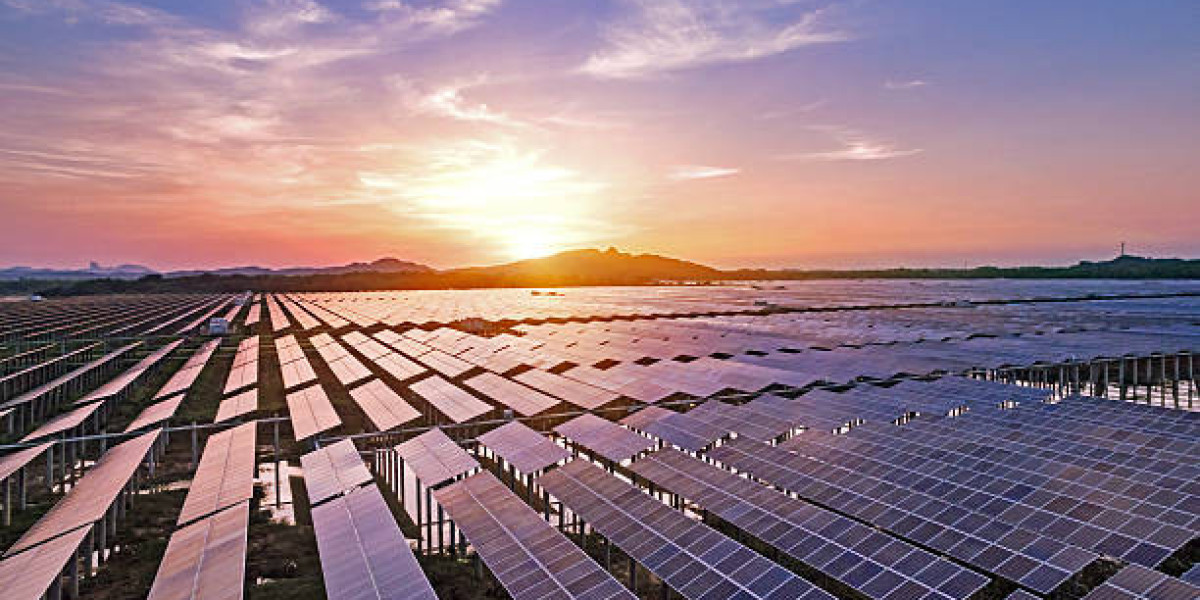Introduction
Solar panel inverters play a crucial role in converting the direct current (DC) generated by solar panels into alternating current (AC) used by household appliances. Despite their importance, these devices can sometimes encounter issues that affect their efficiency and performance. Understanding common problems and how to address them can help ensure that your solar power system operates smoothly and effectively. This article covers typical issues with solar panel inverters and provides troubleshooting tips to help you resolve them.
Common Issues and Solutions
One frequent problem with solar panel inverters is an error or warning message displayed on the unit. These messages can indicate various issues, such as a malfunctioning component or a connection problem. To troubleshoot this, first consult the inverter's manual or manufacturer’s website for guidance on specific error codes. Often, resetting the inverter by turning it off and then back on can clear temporary issues. If the problem persists, check all connections and wiring for signs of damage or loose connections, as these can disrupt the inverter's performance.
Another common issue is the inverter not producing power despite sunlight hitting the solar panels. This can be caused by several factors, including a faulty inverter or issues with the solar panels themselves. Start by inspecting the inverter for any visible signs of damage or overheating. Ensure that the solar panels are clean and free from obstructions that might block sunlight. If everything appears normal, use a multimeter to check the voltage coming from the panels to determine if they are functioning properly. If the panels are working but the inverter is not, it may need to be repaired or replaced.
Inverters can also experience a drop in efficiency over time. If you notice a significant decrease in the amount of power being generated, it could be due to aging components or environmental factors such as dust or dirt buildup. Regular maintenance, including cleaning the inverter’s vents and ensuring proper ventilation, can help maintain its efficiency. Additionally, consider scheduling periodic professional inspections to identify and address any potential issues before they affect performance.
Conclusion
Troubleshooting solar panel inverter problems involves identifying common issues, understanding their potential causes, and applying appropriate solutions. By regularly monitoring and maintaining your inverter, you can prevent many problems and ensure that your solar power system remains efficient and reliable. If issues persist despite your efforts, consulting a professional technician can help resolve more complex problems and keep your solar power system operating at its best.


